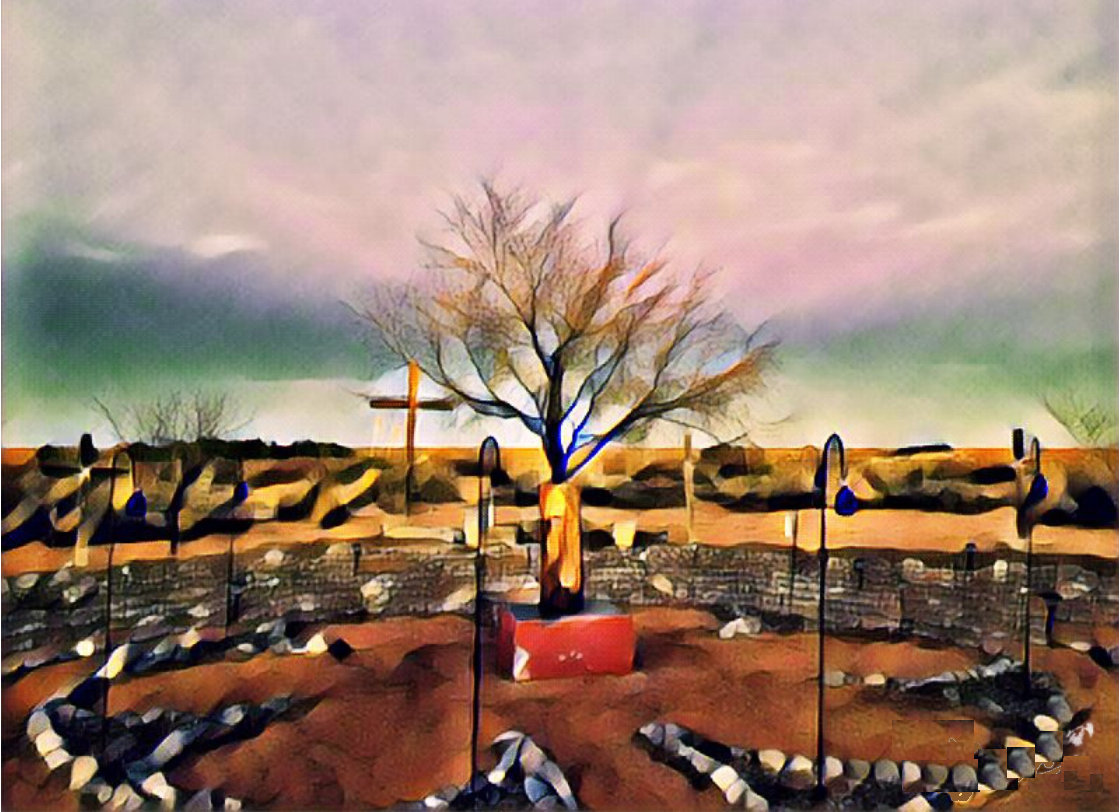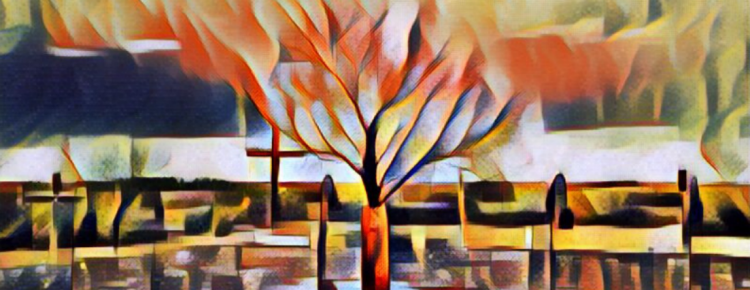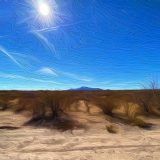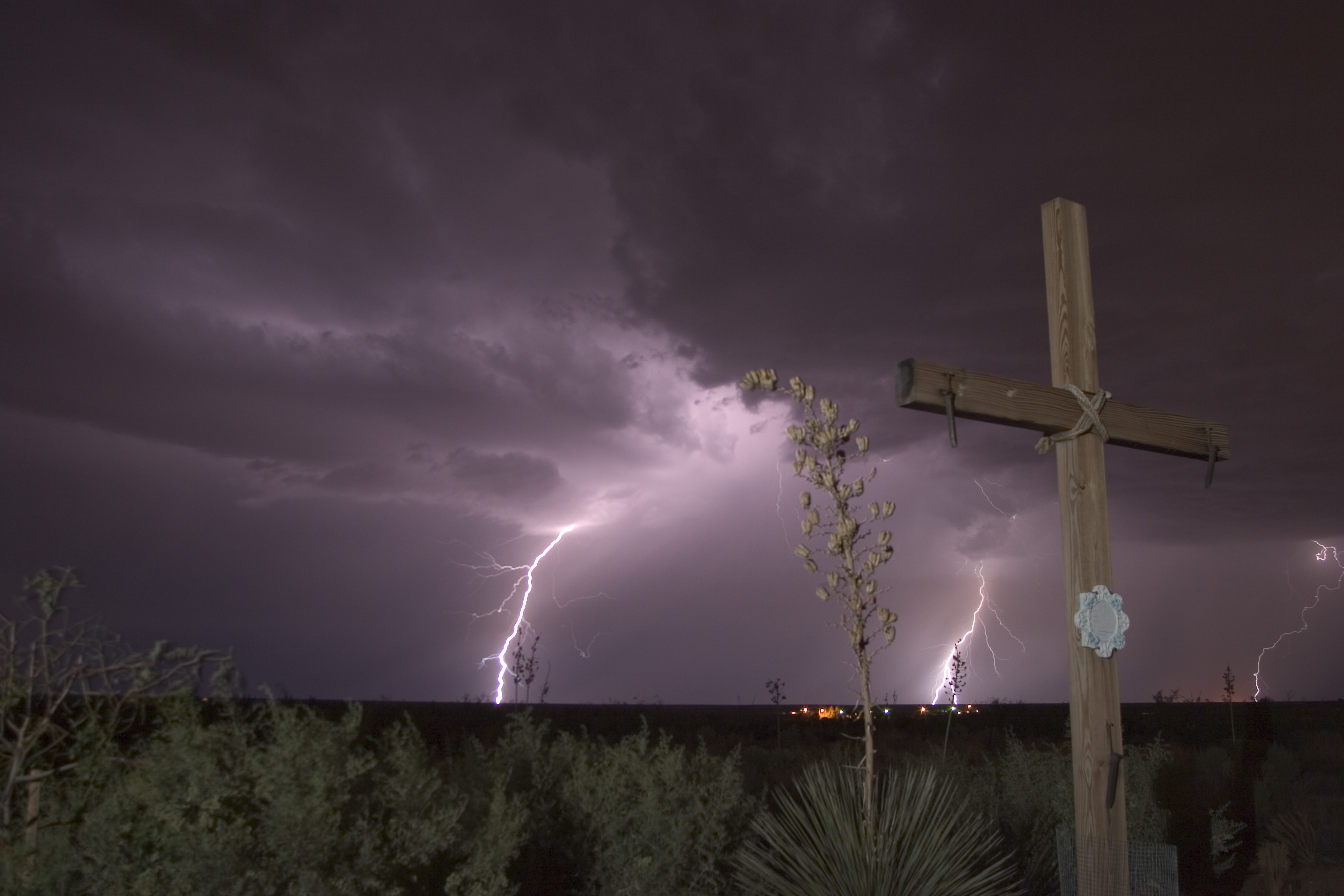Gospel Reading: Matthew 11:2-11
When John the Baptist heard in prison of the works of the Christ, he sent his disciples to Jesus with this question, “Are you the one who is to come, or should we look for another?” Jesus said to them in reply, “Go and tell John what you hear and see: the blind regain their sight, the lame walk, lepers are cleansed, the deaf hear, the dead are raised, and the poor have the good news proclaimed to them. And blessed is the one who takes no offense at me.” As they were going off, Jesus began to speak to the crowds about John, “What did you go out to the desert to see? A reed swayed by the wind? Then what did you go out to see? Someone dressed in fine clothing? Those who wear fine clothing are in royal palaces. Then why did you go out? To see a prophet? Yes, I tell you, and more than a prophet. This is the one about whom it is written: Behold, I am sending my messenger ahead of you; he will prepare your way before you. Amen, I say to you, among those born of women there has been none greater than John the Baptist; yet the least in the kingdom of heaven is greater than he.”
______________________
Reflection:
The Collapse of God’s Blueprint for our Lives
by David Morrison
Advent is a season for questions such as: “What time is it in the world’s history?” and “What time is it in my own life?” It invites us to stand in that middle tension between God’s sovereignty and God’s absolute participation in our humanity through the incarnation of Jesus. When we honestly look at the suffering of the world, reality will not allow us to become blind optimists. When we honestly look at the unrelenting love of God expressed in ordinary people, reality will not allow us to become cynical pessimists. And so we’re invited to stand in that same place that John the Baptist stood—in the questions. The beginning of John’s encounter with Jesus was one of certitude: he “saw” the dove “alight” on Jesus at his baptism. As his journey matured, he found himself in prison about to be executed for speaking to “the powers.” It was in this place his question emerged: “Are you the one?” It seems that most of the time, our spiritual “progress” appears to be a failed mission like John felt about himself. St. Francis of Assisi died naked on a straw pallet, convinced that his mission had failed as did many of the saints. St. Paul told the Corinthian church that the secret to spiritual “greatness” is weakness. And of course, Jesus’s “emptying” out on the cross is the ultimate window of this truth. The spiritual life is all about “diminishing,” and not becoming greater in any external sphere. Thomas Merton wrote: “Too often people may waste their efforts on the scaffolding of the spiritual life, making it more and more secure out of a kind of unconscious fear of the real responsibilities of the Christian life, which are solitary and interior. These responsibilities are difficult to express. They are almost impossible to communicate to anyone else…One has very little evidence of progress or perfection in this interior sphere—while in the exterior, progress can be more easily measured and seen. They can also be shown to others for their approval and admiration…”
In popular Christianity, there is often found an obsession (especially among young people) with “God’s plan” for one’s life. The concern for being “in God’s will,” and finding “God’s blueprint” can put people in manic states. Young people are encouraged to have a “life verse” from the Bible. This can all have some positive influence since young people are in a place of planning and waiting. However, when the reality of life’s chaos flows through their well-made plans, there is very little help offered to them as they navigate their crises of faith, and most walk away from it altogether. The transition to “adult Christianity” requires us to accept the collapse of “God’s blueprint” for our lives and enter into a trusting and a waiting (the hope of Advent); as Henri Nouwen wrote: “Active waiting implies being fully present to the moment with the conviction that something is happening where we are and that we want to be present to it. A waiting person is someone who is present to the moment, believing that this moment is the moment.” In our communal prayer, we often open our hands and stare at the empty palms for a few moments. We then say, “All I have is this present moment. It’s all I have ever had—I don’t own the past. This present moment is all I ever will have—I don’t own the future. We give the gift of our presence to you, Oh Lord, who has given the gift of your presence in this present moment…” It’s only when we’re willing to move into this place of trust that we’re able to see the vision of the ancient prophets: the possibility of a renewed earth and a redeemed humanity in which “The desert and the parched land will exult; the steppe will rejoice and bloom” (Isaiah 35:1).

Labyrinth in the Fog, edited photo (David Morrison, 2019)






